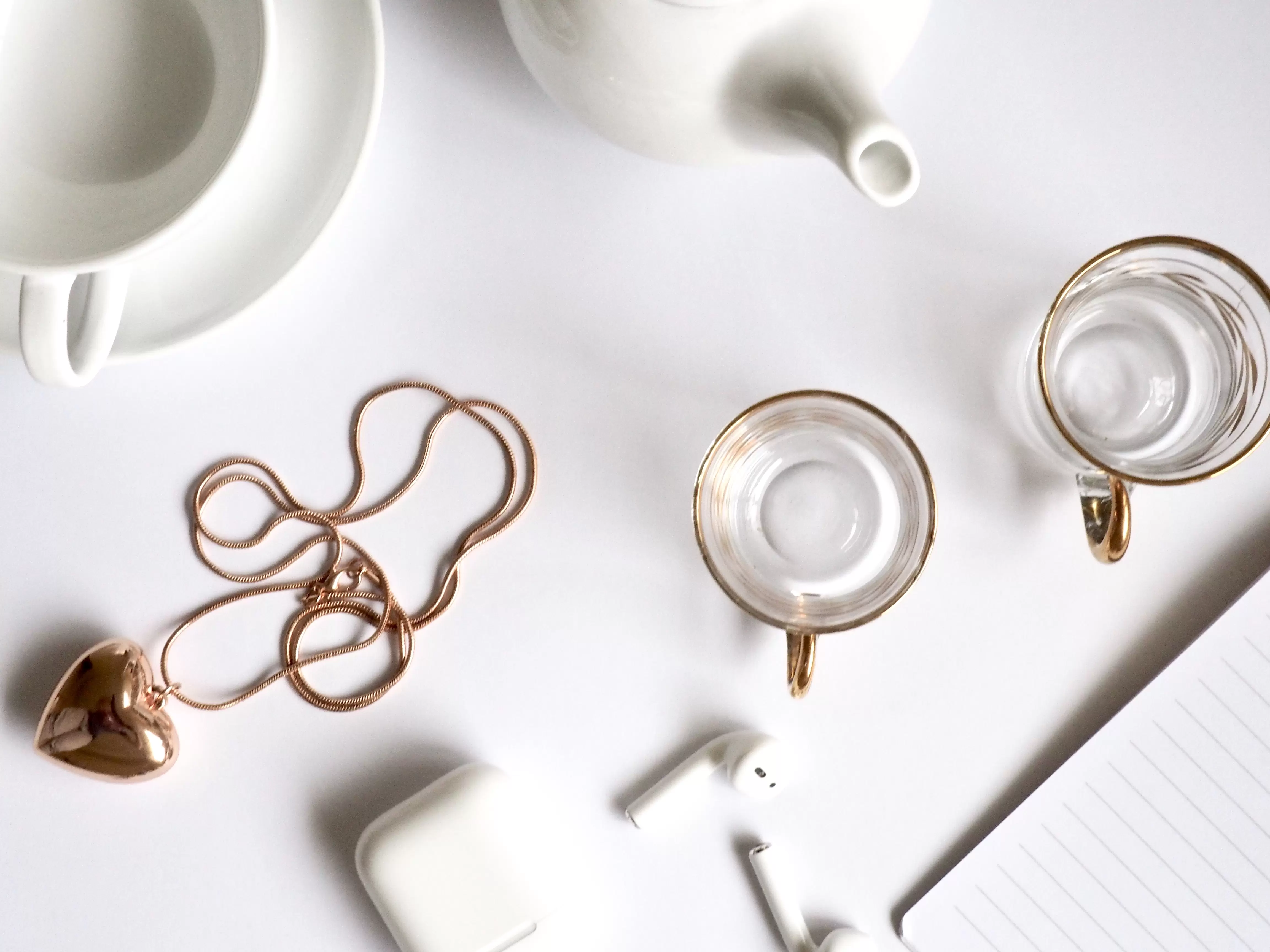Women’s shelters are incredible places that provide safety, support, and resources to individuals in difficult situations. These shelters depend on community generosity to meet their daily needs and provide for their residents.
Donating some of the everyday essentials that many of us take for granted is the first step you can take to support your local women’s shelter.
Parenting Items
When mothers and children arrive at shelters, they often bring few belongings with them. Donations of new or gently used baby items such as strollers, diapers, and toys can make their days easier and offer comfort.
These contributions provide a lifeline to mothers who are working to rebuild their lives and guarantee their children have items to meet their developmental and physical needs. Take a moment to check with the shelter ahead of time to learn what items they need the most to make your donation as useful as possible.
A Range of Clothing Options
Clean, quality clothing is another constant necessity for shelter residents. Women preparing for job interviews require professional attire, while others may need casual or seasonal wear. Donating items such as jackets, shoes, and hats helps shelter residents feel comfortable and prepared each day.
Sort through your closet for gently used or new clothes and check that everything is in good condition before donating it.
Personal Care Items
Hygiene products are a high-demand item for shelters. Items such as toothpaste, shampoo, deodorant, and other personal hygiene products help restore dignity and provide much-needed relief to residents.
Small but thoughtful donations, such as prepacked care kits with travel-sized toiletries, can be incredibly convenient for shelter staff to distribute. Consider including some baby shampoos for the mothers to use when caring for their little ones. Remember to only donate unopened items to keep things sanitary for everyone.
Cookware or Linens
Linens and other basic household supplies can also be crucial for women in shelters. Items such as bedding, towels, cookware, and small kitchen appliances are not only useful within the shelter but could also help individuals transition to independent living quicker.
Gently used or new items are best, but it’s a good idea to ask the shelter staff in advance about space limitations or current needs. Avoid bulky donations, such as comforters, unless you’ve made a prior arrangement with the shelter.
Every small donation to support your local women’s shelter contributes to a brighter future for the shelter’s residents. Check with your local shelter to see what they need most, and start making a difference today.





 Em Português
Em Português En Español
En Español